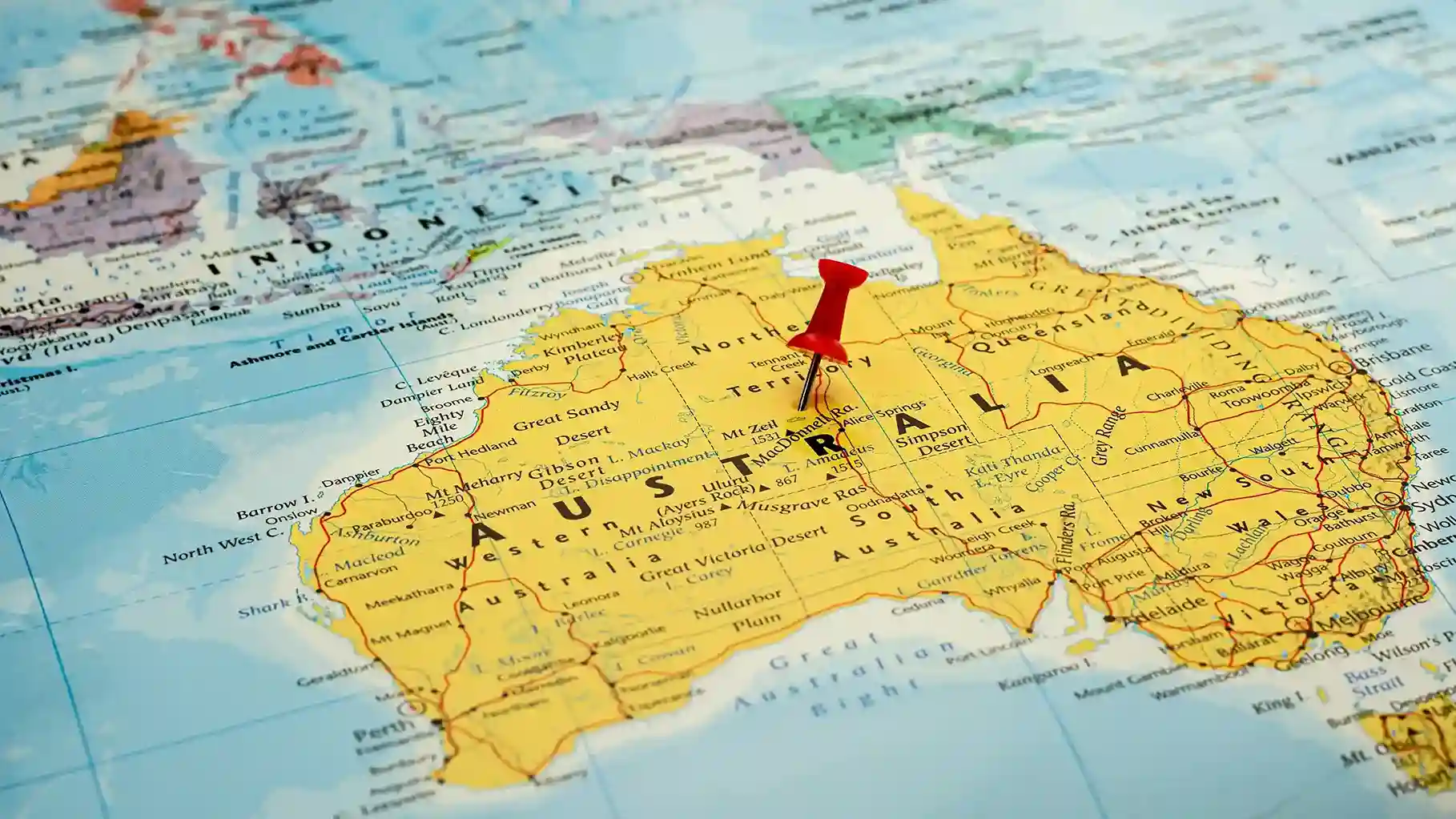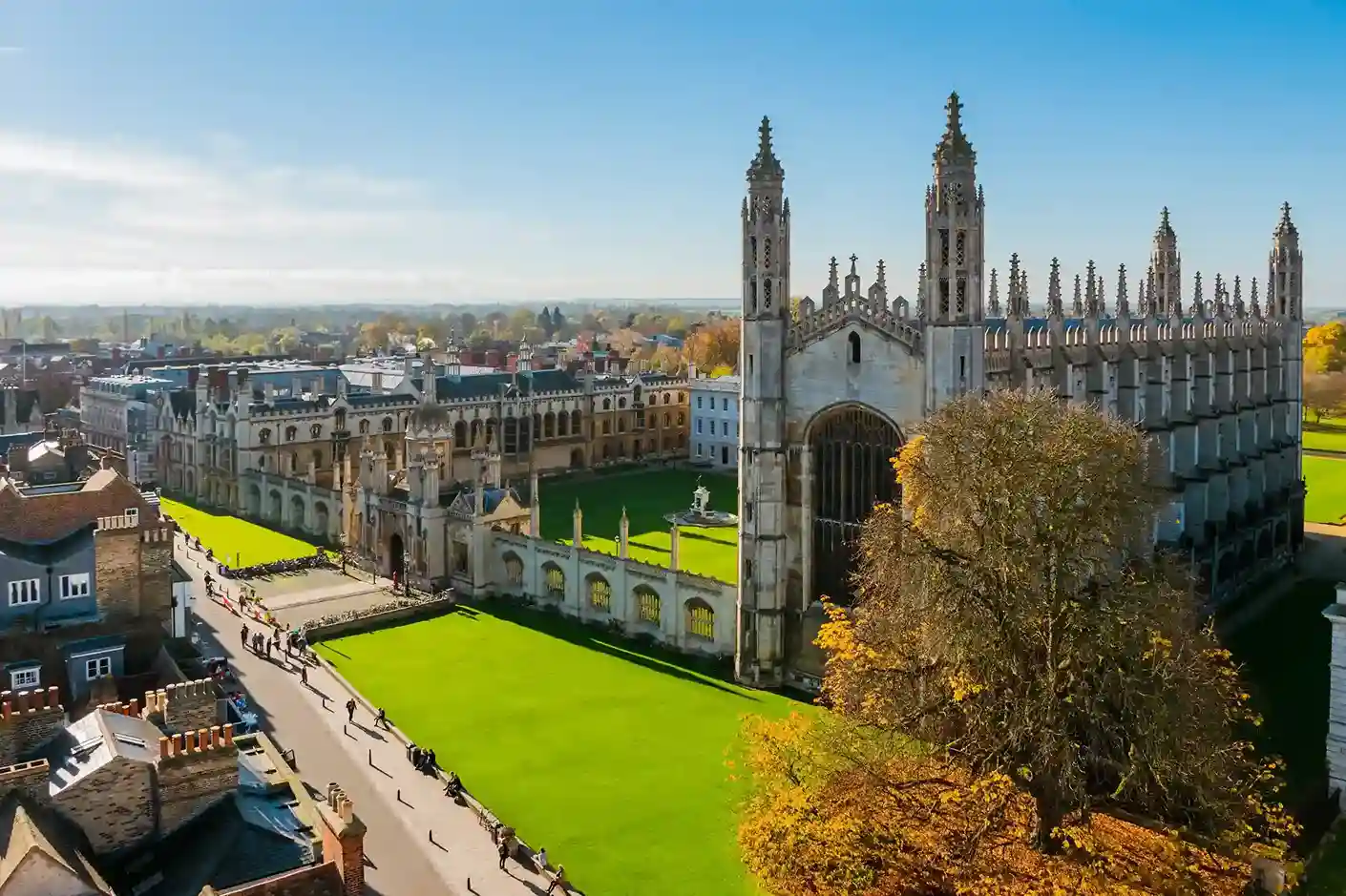Completing your undergraduate studies marks the beginning of an exciting new chapter - one filled with opportunities to elevate your expertise and career prospects. With world-renowned universities, a strong academic heritage, and globally recognised degrees, master’s courses in the UK offer a unique blend of quality education and international exposure. Let’s explore the most critical things you should know before pursuing your master’s in the UK.
Key highlights:
- Interesting Facts about the UK
- Popular Master’s in UK Courses
- Top Universities to Pursue a Master’s Degree in the UK
- Eligibility Criteria to Pursue a Master’s Degree in the UK
- Cost Considerations of Pursuing Your Master’s in the UK
Interesting Facts about the UK
| Number of universities in the UK | |
| Visa type | |
| Visa cost | |
| Working hours permitted with a student visa | |
| Post-graduate visa benefits |
Popular Master’s in UK Courses
Business & Management
A Master’s in Business Administration (MBA) is one of the most sought-after degrees in the UK. This programme prepares students for leadership roles in diverse industries, covering areas like finance, marketing, strategy, and human resources.
Computer Science
In today’s tech-driven world, a Master’s in Computer Science is a smart investment. This degree covers cutting-edge subjects like artificial intelligence, cybersecurity, data science, and software engineering, helping graduates find opportunities in leading tech firms, startups, government agencies, and research institutions.
Engineering
Engineering continues to be a top choice for students passionate about innovation and problem-solving. Whether it’s civil, mechanical, electrical, or biomedical engineering, this field offers lucrative career paths. Engineering graduates can contribute to advancements in AI, sustainable energy, smart cities, and aerospace technology.
Materials Science & Engineering
This interdisciplinary field combines engineering with innovation in biomaterials, nanotechnology, and sustainability. The degree is ideal for those keen on research and development.
Social Science
A Master’s in Social Science helps students understand human behaviour, society, and cultural dynamics. It offers career opportunities in social research, consultancy, academia, and even business or media.

Also Read: What Students Must Know About the United Kingdom Education System
Top Universities to Pursue a Master’s Degree in the UK
Here’s a look at the top universities for United Kingdom master’s programmes as per the Quacquarelli Symonds (QS) and Times Higher Education (THE) rankings.
- QS category – QS World University Rankings 2025 (UK-Specific)
- THE category – World University Rankings 2025 (UK-Specific)
| Sr. No. | Universities | QS rankings | THE rankings |
|---|---|---|---|
| 1 | Imperial College London | 1 | 3 |
| 2 | University of Oxford | 2 | 1 |
| 3 | University of Cambridge | 3 | 2 |
| 4 | University College London (UCL) | 4 | 4 |
| 5 | The University of Edinburgh | 5 | 5 |
| 6 | The University of Manchester | 6 | 8 |
| 7 | King’s College London | 7 | 6 |
| 8 | The London School of Economics and Political Science (LSE) | 8 | 7 |
| 9 | University of Bristol | 9 | 9 |
| 10 | The University of Warwick | 10 | 13 |
Eligibility Criteria to Pursue a Master’s Degree in the UK
Please remember that eligibility requirements may slightly differ based on the university and course. However, students will have to meet the following common qualifications to pursue a Master’s in the UK:
Academic Qualifications for a United Kingdom Master’s Programme
To apply for a master’s, you must hold a bachelor’s degree in a relevant field.
English Language Proficiency
As an international student, you must demonstrate your English proficiency through tests like the International English Language Testing System (IELTS) and the Test of English as a Foreign Language (TOEFL).
Standardised Tests (If Required)
Programs like an MBA or MSc in Finance may require additional tests such as the Graduate Record Examinations (GRE) or Graduate Management Admission Test (GMAT).
Work Experience
Professional courses like an MBA may require up to two years of work experience.
Along with your application, you will likely have to submit the following essential documents:
- Statement of Purpose (SOP)
- Letters of Recommendation (LORs)
- Academic Transcripts
- Resume/CV
- Valid Passport
Cost Considerations of Pursuing Your Master’s in the UK
It’s a good idea to understand the costs before pursuing a United Kingdom Master’s programme.
Tuition Fees
Universities across the UK have different tuition costs for local and international students. The tuition for a year-long master’s degree from the UK is around £40,000 to £45,000. However, the amount will depend on the chosen university and course. MBA courses are usually more expensive, with universities like Cambridge and Oxford setting their annual tuition fees at £74,000 and £83,770, respectively.
Pursuing a master’s degree in the UK can be a life-changing experience. However, the cost of tuition and living expenses can be significant. Therefore, you can opt for a loan for education, which will cover the holistic cost of education.
At Avanse Financial Services, we offer student loans with benefits such as 100% finance, quick loan sanctions and more. If you have more queries or want to know more about student loans or educational loan emi calculator, please connect with us.











